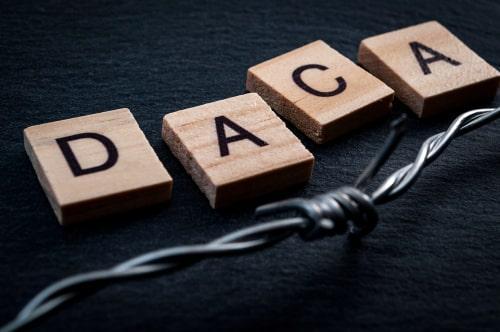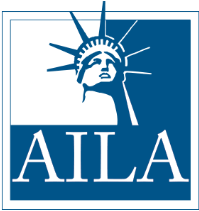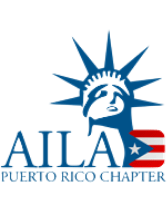What Is the Current Status of the DACA Program?
 In many cases, immigrants who came to the United States as children are left in a state of legal limbo. While these immigrants may be undocumented, they may have lived in the U.S. for the majority of their lives without maintaining ties to their country of origin. A potential deportation could cause a great deal of difficulty for these immigrants and their families, and the Deferred Action for Childhood Arrivals (DACA) program was created to address this issue. However, the status of this program has changed recently, and additional changes may be made in the future.
In many cases, immigrants who came to the United States as children are left in a state of legal limbo. While these immigrants may be undocumented, they may have lived in the U.S. for the majority of their lives without maintaining ties to their country of origin. A potential deportation could cause a great deal of difficulty for these immigrants and their families, and the Deferred Action for Childhood Arrivals (DACA) program was created to address this issue. However, the status of this program has changed recently, and additional changes may be made in the future.
Status of New DACA Applications and Renewals in 2021
A ruling by a federal judge in July of 2021 has affected the processing of DACA applications. The judge ruled that the DACA program is illegal for multiple reasons, including the implementation of the program by the Obama administration without prior notification that would allow members of the public to provide comments. Due to this ruling, U.S. Citizenship and Immigration Services (USCIS) cannot grant new DACA requests, but it may issue renewals for those who had previously received DACA protections.
Proposed Changes to the DACA Program
To address the issues raised by the judge, the Department of Homeland Security has issued a new proposed rule for the DACA program, and it is currently inviting members of the public to comment on these issues. After consideration of comments, a final rule may be issued after November 29, 2021.
Under the new rule, the guidelines for eligibility for the DACA program will remain the same, and immigrants may receive protection from deportation or other actions by immigration officials if they entered the United States before they were 16 years old, have resided in the U.S. since 2007, and are enrolled in school or have graduated from high school or received a certificate of completion. The new rule may make some changes to the program, including:
- A person’s application for work authorization will be handled separately from their DACA application, and this application will be optional.
- DACA recipients will be considered to be lawfully present in the United States, and they will not accrue unlawful presence that will affect their admissibility to the U.S. in the future.
- DACA recipients can petition for advance parole based on humanitarian grounds or significant public benefit if they wish to temporarily leave the United States. When returning to the U.S., advance parole will allow them to meet certain requirements for adjustment of status. If a person leaves the U.S. without receiving advance parole, DACA protections will automatically be terminated.
- With certain exceptions, USCIS will be prevented from sharing information with Immigration and Customs Enforcement (ICE), U.S. Customs and Border Protection (CBP), or other law enforcement agencies that address issues related to the enforcement of immigration laws.
Contact Our Orlando DACA Application and Renewal Attorneys
If you have questions about your eligibility for the DACA program, or if you want to make sure you meet your requirements for renewal of DACA protections, Vasquez Law Firm, PLLC can provide the legal help you need. We will advise you of your options and help you address any immigration issues that may affect you and your family. Contact our Orange County DACA lawyers at 407-955-5000 to arrange a free consultation.
Sources:
https://www.uscis.gov/DACA
https://www.latimes.com/california/story/2021-11-09/biden-administration-wants-to-re-create-daca-through-new-federal-rule-what-does-that-mean
https://www.ilrc.org/sites/default/files/resources/daca_new_proposal_breakdown_ilrc_sept_2021.pdf














